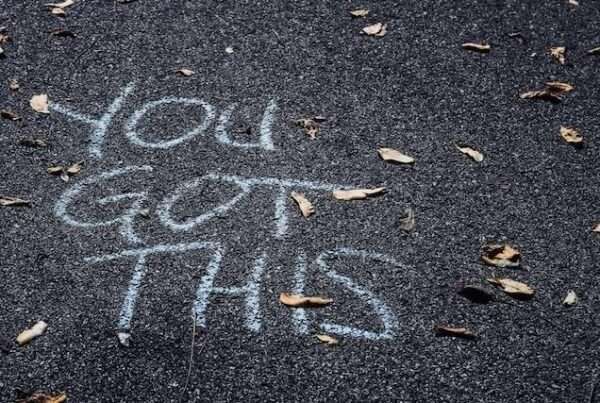We’ve all heard of First Aid, but what is Emotional First Aid? How do we tend to injuries that can’t be seen? We’re often partial to the body over the mind. The mind controls the body, but we don’t seem to care much for the seat of consciousness, which is also known as the cerebrum. It sits at the top expected to be perfectly pristine and efficient at all times.
At Emotional First Aid Academy, we believe that to be slightly unfair. Your mind deserves all the attention that your body gets. It deserves to be cared for and kept tidy just like your body.
That’s what emotional first aid is all about. It’s the habit of paying attention to our emotional well-being and caring for those tiny psychological scars when we get them.
We can get these psychological scars from the friction in daily interactions with other people or we can get them from ourselves. Nobody has a harsher critic than themselves. Emotional first aid reminds us to be kinder to ourselves because only then can we be kind to other people.
Emotional first aid is based on the foundation of emotional hygiene. Practicing emotional hygiene can be incredibly rewarding if we do it right. It can enhance your self-talk, your conversations with others, and the way you see the world.
Emotional hygiene is the process of being mindful of psychological injuries and adopting habits that will help your psychological health. These injuries may be caused by mental trauma sustained through rejection, fear, failure, etc. If ignored, mental trauma can manifest into physical ailments as we know them.
How exactly can we be mindful of psychological injuries and stop emotional bleeding before it becomes acute? How can we save our self-esteem from the erosive effects of mental trauma? How do we recover from the vicious cycle of self-doubt and stop reliving our trauma?
The answer lies in the practice of emotional hygiene. Here are a few things you can do to protect your mind:
Be mindful: Our body knows when we’re in pain, be it physical or emotional. It sends us signals to let us know something is wrong. Paying attention to those signals is the first step to emotional hygiene. Try to notice slight changes in your behavior. For example, when you face rejection, your self-talk might become corrosive. You might start to think the worst of yourself and blame yourself for everything that’s wrong with the world. Just take a step back here and try to remember what led to this negative chain of thoughts.
Push the breaks & take a U-turn: If you have been mindful of your thoughts, you may be able to trace the origins of the negativity. It’s very easy for one psychological injury to lead to another. Rejection might lead to you feeling like a failure and in turn translate to fear. At times like these, you would want to get into the habit of taking a moment and redirecting your reaction to negative life events. Your instinct or gut might be wired to react a certain way. These habitual responses to events need to be changed for you to have better mental health. At first, you might just want to ignore your gut reaction of self-blame or fear and try to ask yourself what could’ve been done better.

Be good to yourself: As we said, nobody has a harsher critic than themselves. Everyone has that little voice in their head going, ‘I can’t do it’ and ‘I’m a failure. I can’t do anything right’. Take a deep breath and imagine your life without that nagging voice. Feels great, doesn’t it? Don’t get us wrong. Self-doubt is good in small doses or there would be no room for improvement. It’s only bad when the negative self-talk becomes overbearing and takes over your life. We are flawed but magnificent beings on Earth who have accomplished so much, and we need to accept ourselves as such.
Find the meaning: After growing up and settling into our adult life, we hardly have the time to retrace our steps and find out what went wrong. Practicing emotional hygiene means doing exactly that. This might sound like a daunting exercise, but it’s essential for your mental health. Some events have an immense impact on our lives, disproportionately great impact. This might mean that there’s a larger meaning attached to that event. It must have struck a deeper chord and you need to find out why.
Know thyself: If you’ve come this far, you’ve already won half the battle. You’ve figured out a lot about yourself by knowing what your triggers are and how to stop them in their tracks. Now you need to know how to work out better ways to deal with mental trauma.
Also Read: Mental Health – A Calling To Lead A Better Life
When there’s a negative life event, do you go into shock, or do you become reactive or defensive? You can put this knowledge of yourself to better use to find out what treatments of emotional first aid work out the best for you. You might benefit from a little pep talk or a nice, long walk.
Getting into the habit of practicing emotional hygiene and Emotional First Aid will take time. After all, it’s a process that will benefit you with rewards for a lifetime. It shouldn’t really matter how long it takes for you to be in a better place as long as you get there. If there are any hiccups, we are always here for you.

